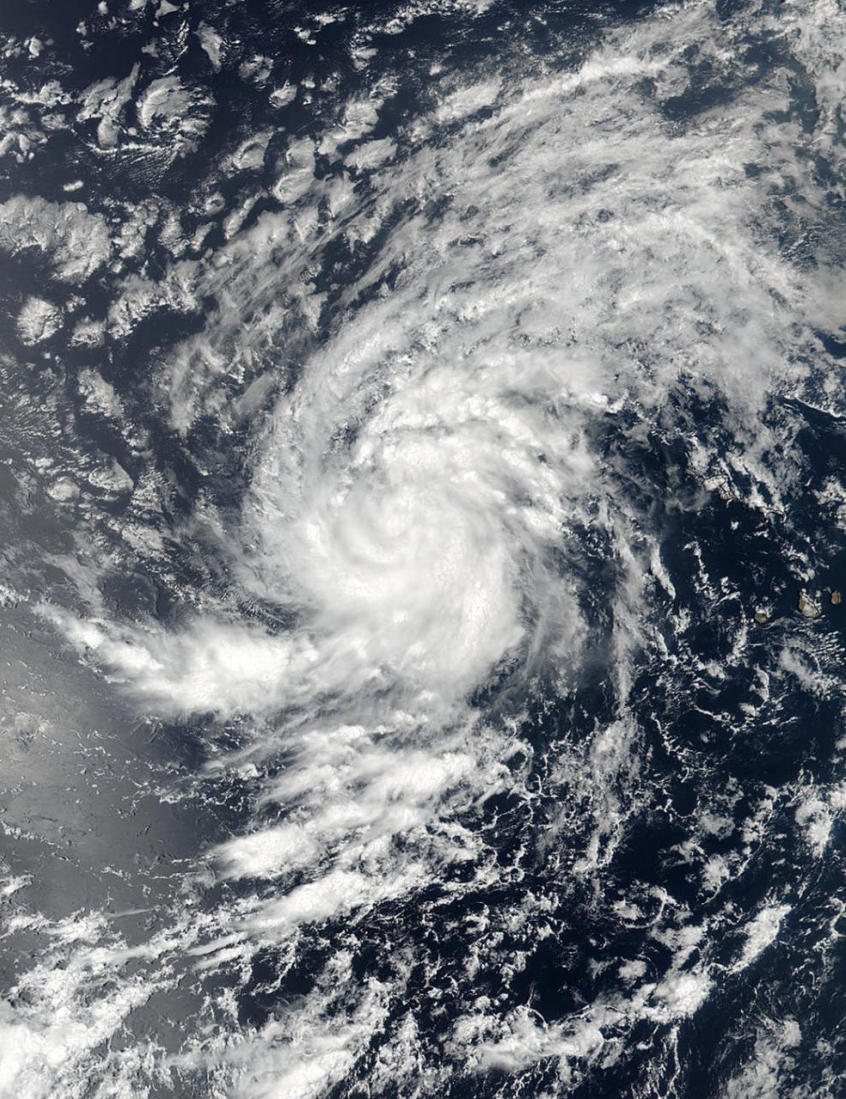
While Texas is still recovering from the heavy damage brought by Hurricane Harvey, another huge storm is set to hit U.S. shores. The new Hurricane Irma has potentially catastrophic winds and is moving on a path that will most likely hit Southern Florida, passing directly over Miami.
The Hurricane is now a Category 5 storm with wind speeds that reach 150 mph. It is heading west across the Caribbean islands. With the current path of the storm, it would most likely affect parts of Florida by the end of the week.
Florida Governor Rick Scott has issued Executive Order 17-235 on Monday, declaring a state of emergency in all 67 counties within the State of Florida in response to the oncoming storm. "Hurricane Irma is a major and life-threatening storm and Florida must be prepared," said the official. "I have continued to be briefed by the Florida Division of Emergency Management on Hurricane Irma and current forecast models have Florida in Irma's path."
Aside from its strong gusts, the hurricane is also expected to bring a large amount of rainfall, ranging from four to eight inches. Rising sea waters due to the storm are also expected in coastal areas.
There is also a chance that the dangerous hurricane may threaten North and South Carolina or Georgia, depending on whether the storm will take an easterly or westerly patch after hitting Florida.
The hurricane is already one of the most powerful storms ever recorded, and it could potentially be one of the most destructive ones as well.
The storm has struck Antigua and Barbuda and Puerto Rico Wednesday with winds of up to 185 mph, dealing heavy damage and leaving a trail of chaos in the islands. According to Gaston Browne, prime minister of Antigua and Barbuda, Hurricane Irma had destroyed 95 percent of the structures on Barbuda, a small island with a population of about 1,600 people.













